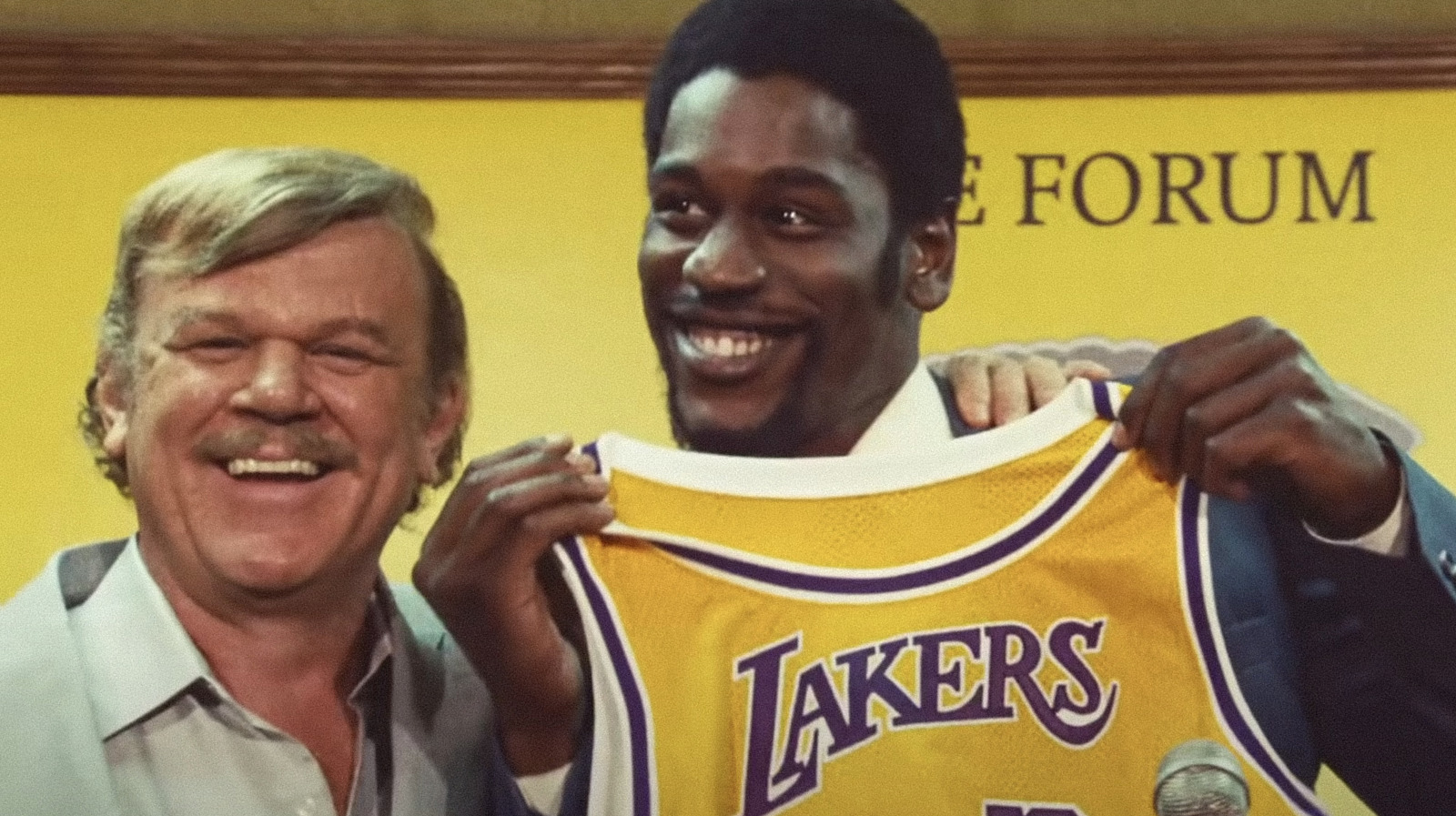
Borenstein says that the “Winning Time” team didn’t forcefully respond to criticism at the time because they wanted to “take the high road.” It seems that now that the show’s over, he’s willing to be more open. “I don’t know if we should have [taken the high road] or not, to be honest,” he says, in hindsight. “Because part of it was like, ‘You’re saying this didn’t happen, and in your book you said that you did that.’ And that was just a strange thing.”
The showrunner said that “Winning Time” is unique in being an ongoing biographical series about still-living people, with “The Crown” (a show that has had its own share of complaints) being one of the few shows to take on a similar challenge. Borenstein felt that a dramatic license needed to go hand-in-hand with fealty to the truth, like any story:
“I don’t think the point of telling any story is to tell facts about what happened. The point is to tell a story, and use it as a lens on something. You have a fealty to being accurate […] But in every story you make choices before doing the dramatic version of it […] there’s a responsibility, but there’s also a responsibility to why you’re telling the story and what you’re trying to say, and you have to have your own barometer.”
Describing basketball as a “secular religion, people are that passionate about it,” Borenstein wasn’t surprised that some NBA devotees — both fans and Lakers’ alums — had strong reactions to “Winning Time.”
“[The show being about living celebrities] resulted in a few of the people, which was inevitable, complaining about ‘I don’t like the way I’m being portrayed.’ The irony of that is that they both, the people who complained, both admitted they never watched it. And I know for a fact, from a lot of people who were there and a lot of people who we did portray, that said, ‘Yeah, that’s exactly — you got it.'”
